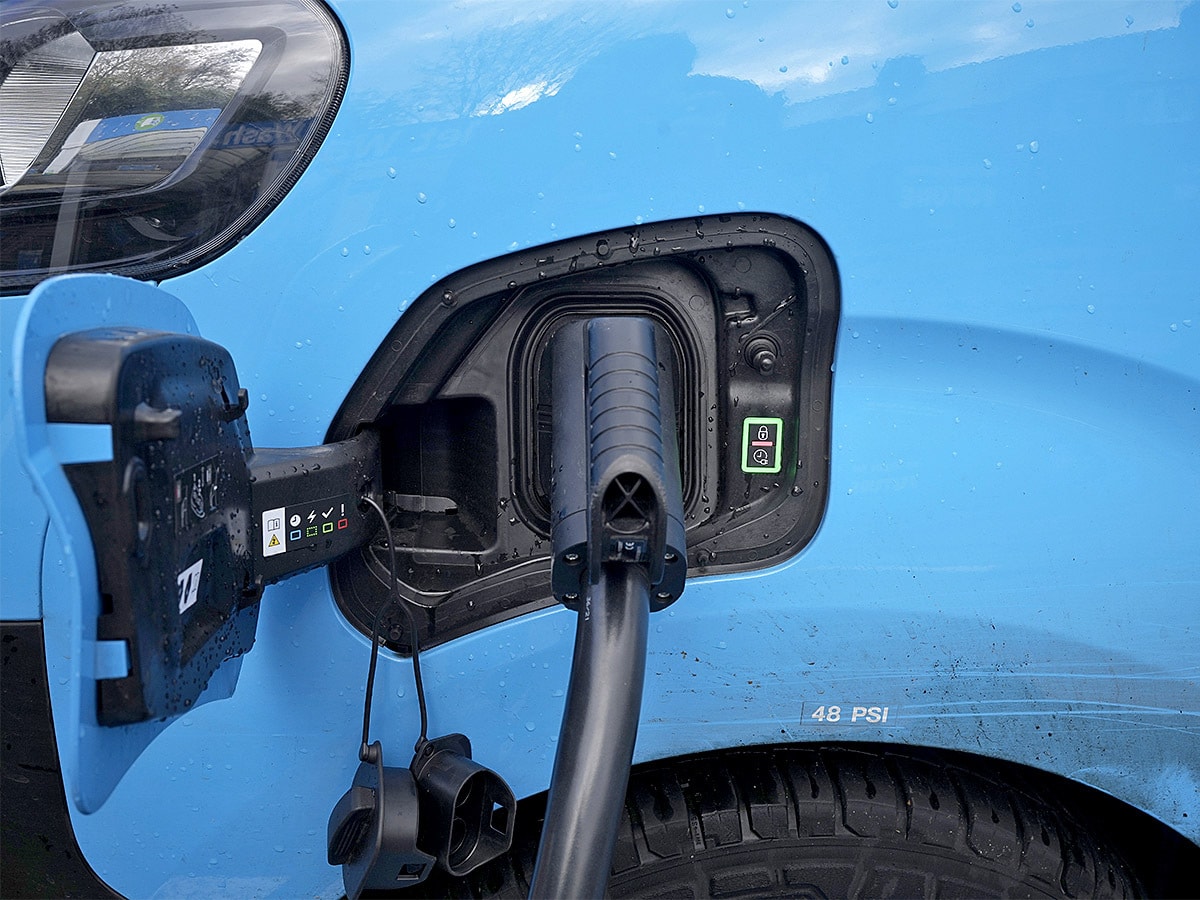Following Q3 earnings, beleaguered electric vehicle manufacturer XPeng saw a post-earnings share price bounce despite an earnings miss and weak Q4 guidance. ChargePoint missed its revenue target, but positive guidance and a non-GAAP earnings beat should see the stock gain.
- XPeng misses earnings, with margins squeezed, but shares bounce regardless
- ChargePoint beats non-GAAP earnings expectations
- Direxion Daily Electric and Autonomous Vehicles Bull 2x ETF offers exposure to both companies
Electric vehicle companies ChargePoint Holdings [CHPT] and Xpeng [XPEV] reported earnings this week, amid unfriendly macroeconomic conditions.
On top of global inflationary pressures, China-based manufacturers such as XPeng have had the country’s rigid zero-COVID policy to contend with, as well as the recent backlash against it. XPeng’s share price has fallen 80.2% year-to-date.
Ahead of reporting third quarter earnings on 1 December, ChargePoint was bidding to improve its European foothold with the launch of its CP6000 charger model, its “most flexible and serviceable global AC EV charging solution.” Otherwise, investors were gloomy ahead of earnings, with Seeking Alpha suggesting that an underwhelming set of results appeared to be priced-in by the market. Indeed, the company’s stock is down 36% year-to-date.
Sentiment is even gloomier around XPeng, with Jefferies analyst Johnson Wan downgrading the stock from ‘hold’ to ‘sell’ on 28 November. Wan cited a price war with Tesla [TSLA], higher lithium prices and the cessation of Chinese subsidies as reasons for the downgrade.
What was revealed in XPeng and ChargePoint’s earnings?
XPeng’s Q3 earnings didn’t offer much to counter the downbeat narrative. On 30 November, XPeng reported quarterly revenues of 6.82bn Chinese yuan, up 19.3% year-over-year. However, this fell 6.19% short of the 7.27 yuan that Financial Times analysts were expecting. Similarly, losses per share narrowed to 2.77 yuan, but still missed the 2.56 yuan loss that analysts had forecast. While 29,570 vehicle deliveries marked an increase of 15% year-over-year, gross margin fell from 14.4% to 13.5%.
Despite this, XPeng’s share price gained 47.3% following the results on 30 November.
When it reported its earnings after the market close on 1 December, ChargePoint’s revenues came in at $125.3m, marking a 93% year-on-year increase. This was lower than the $132.1m consensus forecast of analysts polled by the Financial Times.
ChargePoint adjusted its Q4 sales guidance to between $160m and $170m, representing an expected increase of 108% year-over-year. In pre-market trading on 2 December, the stock was trending downwards.
Outlook for ChargePoint and XPeng share prices
XPeng’s management focused on the need to improve profitability in their commentary, with CEO and chairman He Xiaopeng saying senior leadership “has recently conducted an in-depth review of our growth strategy, products and operation,” and Dr. Hongdi Brian Gu, honorary vice chairman and president, promising to “implement prudent cost control initiatives and improve operational efficiency."
Gu told Bloomberg in a later interview that COVID outbreaks and lockdowns “had a strong negative impact on [XPeng’s] sales, delivery and service,” hampering production of models such as the G9 SUV.
“ChargePoint delivered another quarter of growth exceeding 90% year-over-year,” said Pasquale Romano, president and CEO of ChargePoint, who pointed to “strong demand” for the company’s offering in North America and Europe.
However, ChargePoint still operates in a growth industry, with a recent report from Custom Market Insights suggesting that the global electric vehicle charging station market size is set to grow at a compound annual growth rate (CAGR) of 32% to $420bn by 2030.
Fund in focus: Direxion Daily Electric and Autonomous Vehicles Bull 2x ETF
Investors seeking exposure to ChargePoint and XPeng within the theme can opt for the Direxion Daily Electric and Autonomous Vehicles Bull 2X ETF [EVAV], in which ChargePoint has a 4.25% weighting and XPeng has 10.71% as of 2 December. EVAV fell 4% in the month to 1 December, and is down 64.5% since launching on 11 August this year.
Chargepoint and Xpeng are also both held by the KraneShares Electric Vehicles & Future Mobility ETF [KARS], with 1.07% and 1.39% weightings, respectively, as of 1 December. The fund has fallen 29.4% in 2022 to 1 December, but gained 7.3% in the preceding month.
Analysts polled by the Financial Times yielded a consensus 12-month price target of $20.00 for ChargePoint, implying 64.1% upside. The equivalent figure for Xpeng is $14.34 and implies 43.8% upside over the same period.
Continue reading for FREE
- Includes free newsletter updates, unsubscribe anytime. Privacy policy





